To provide the best experiences, we use technologies like cookies to store and/or access device information. Consenting to these technologies will allow us to process data such as browsing behaviour or unique IDs on this site. Not consenting or withdrawing consent, may adversely affect certain features and functions.
The technical storage or access is strictly necessary for the legitimate purpose of enabling the use of a specific service explicitly requested by the subscriber or user, or for the sole purpose of carrying out the transmission of a communication over an electronic communications network.
The technical storage or access is necessary for the legitimate purpose of storing preferences that are not requested by the subscriber or user.
The technical storage or access that is used exclusively for statistical purposes.
The technical storage or access that is used exclusively for anonymous statistical purposes. Without a subpoena, voluntary compliance on the part of your Internet Service Provider, or additional records from a third party, information stored or retrieved for this purpose alone cannot usually be used to identify you.
The technical storage or access is required to create user profiles to send advertising, or to track the user on a website or across several websites for similar marketing purposes.
 The future infrastructure of smart cities will rely on the analysis of data relayed by the sensors in buildings, infrastructure, transportation and power grids; enabling city authorities to make critical decisions in real-time, according to GlobalData’s latest report, ‘Smart cities – Thematic Research’ (paywall). (more…)
The future infrastructure of smart cities will rely on the analysis of data relayed by the sensors in buildings, infrastructure, transportation and power grids; enabling city authorities to make critical decisions in real-time, according to GlobalData’s latest report, ‘Smart cities – Thematic Research’ (paywall). (more…)






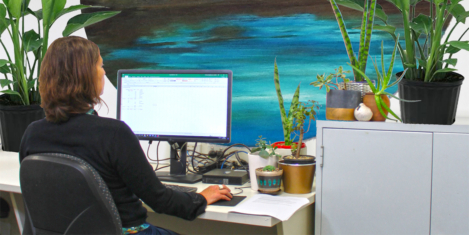
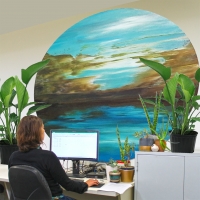

 Despite holding firm in 16th place, the UK is being outpaced by greater improvements in female employment prospects in other OECD countries, according to PWC’s latest
Despite holding firm in 16th place, the UK is being outpaced by greater improvements in female employment prospects in other OECD countries, according to PWC’s latest 



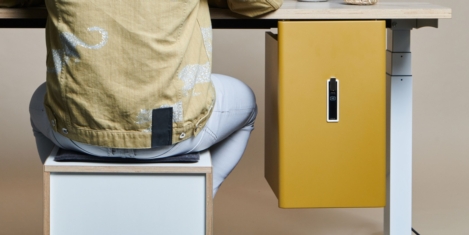
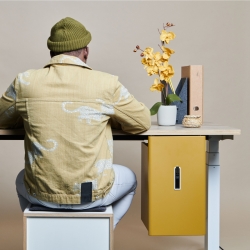
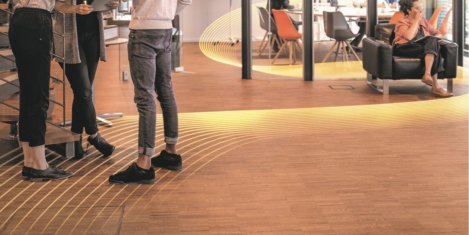
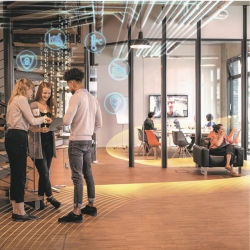




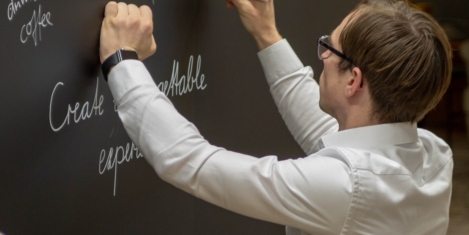
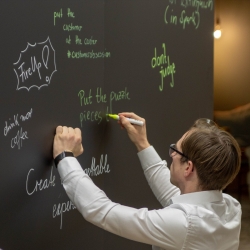
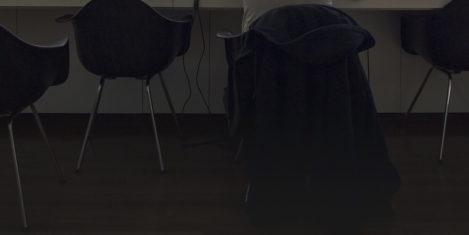
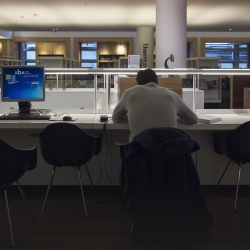 UK employers claimed £35 billion of free labour last year because of workers doing unpaid overtime, according to an analysis of official statistics published today by the
UK employers claimed £35 billion of free labour last year because of workers doing unpaid overtime, according to an analysis of official statistics published today by the 








March 5, 2020
To many major firms, work is becoming just a game
by Eve Grau • Comment, Workplace